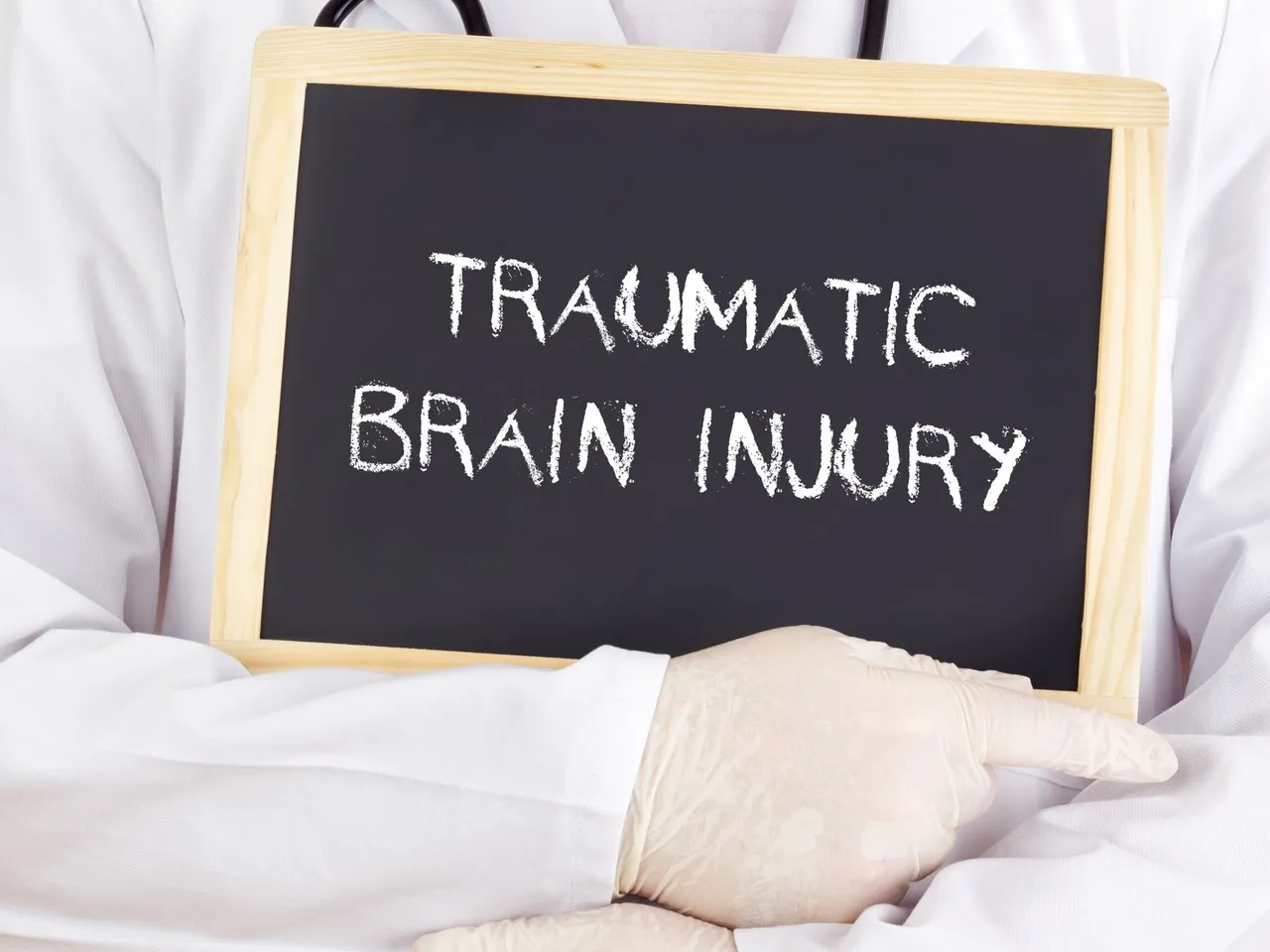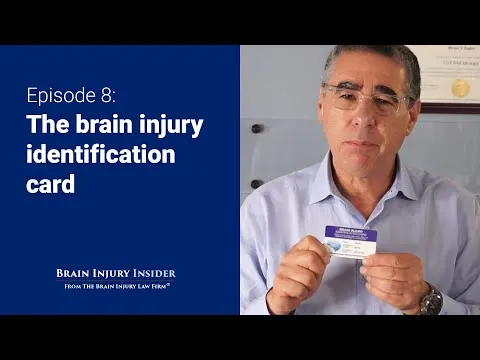Get Your Free Traumatic Brain Injury (TBI) Identification Card
If you or a loved one has experienced a Traumatic Brain Injury (TBI), here is a valuable resource. A specially designed TBI Identification Card is now accessible, and it's absolutely free! The card can be obtained exclusively from De Caro & Kaplen, LLP, through their website. This invaluable card contains essential information such as the cardholder's name, emergency contact information, and a list of typical TBI symptoms.

But why is this card so important?
This card plays a vital role in avoiding misunderstandings with law enforcement officers, EMTs, and other individuals. Its purpose is to ensure that the cardholder receives the necessary treatment and support they require.
The card is personalized and laminated to make it easy for emergency personnel to identify brain injury survivors. By presenting this card to police officers, EMTs, or anyone else, the cardholder can help prevent misunderstandings and receive the specialized care they need.
A symbol of understanding and compassion
The TBI Identification Card is a symbol of understanding and compassion for brain injury survivors and their loved ones. It provides peace of mind by ensuring that emergency personnel can quickly recognize and identify brain injury survivors. The card is carefully personalized and laminated for durability.
If you're a TBI survivor or know someone who is, take advantage of this opportunity to obtain your free TBI Identification Card.
Who Can Get This Card?
This card is for people who have suffered a brain injury. To apply, you will need to provide your name, emergency contact's name, and phone number. Once approved, the card will be sent to you.
You can order the free card directly on their website by clicking the following link which will direct you to the De Caro & Kaplen, LLP website.
What Is a Traumatic Brain Injury?
Traumatic brain injury (TBI) occurs from a blow to the head, varying from penetrating injuries like gunshot wounds to non-penetrating ones like car accidents.
TBIs are a major cause of disability and death in the U.S., with millions of related emergency visits, hospitalizations, and deaths annually.
Problems after TBI
People who have had a traumatic brain injury (TBI) often face problems with their emotions, behavior, and thinking. These problems can show up in different ways, like difficulty controlling emotions and thoughts, acting without thinking about the consequences, or being aggressive.
TBI can have a big impact on how a person thinks and feels, so they may need special help and support to deal with these issues. It's important to recognize and understand the challenges faced by people with TBI so they can get the right care and support in their daily lives.
Tbi’s Can Vary in Severity and Impact Healing
Traumatic brain injuries (TBIs) can vary in severity, from mild cases that heal quickly, to severe cases that cause permanent brain damage or death. Men and people aged 65 and older are more likely to experience TBIs. Certain groups, like athletes, construction workers, military personnel, and law enforcement officers, are at higher risk.
It is important to raise awareness about prevention and safety measures to reduce the occurrence and impact of TBIs in these high-risk groups.
Types of TBIs
- Mild Concussion: Brief changes in consciousness; confusion lasts about a day.
- Moderate TBI: Loss of consciousness for 30 minutes to a day; confusion can persist for up to a week.
- Severe TBI: Loss of consciousness for more than a day; visible changes on head scans.
- Uncomplicated TBI: Normal head scans, regardless of severity.
- Complicated TBI: Abnormalities observed on head scans.
- Closed TBI: Non-penetrating blow to the head.
- Open TBI: Penetrating injury to the skull and brain.
- Nontraumatic TBI: Resulting from events like strokes or choking, which cause oxygen deprivation.

Want to know more about Traumatic Brain Injury (TBI), here's some resources courtesy of cdc.gov.
Brain Injury Association of America
National Brain Injury Information
or call 1-800-444-6443
Find a Brain Injury Association in your state
National Association of State Head Injury Administrators
Get information on programs in your state
United States Brain Injury Alliance
Find a Brain Injury Alliance in your state
Military Health System’s Traumatic Brain Injury Center of Excellence
Get patient and family resources
The Model Systems Knowledge Translation Center
Has fact sheets, videos, and other materials for persons living with a TBI, their families, and caregivers.
English language TBI information from Model Systems Knowledge Translation Center
Spanish language TBI information from Model Systems Knowledge Translation Center
#MentalHealth #TBI #BrainInjury #CWH #Kindness
